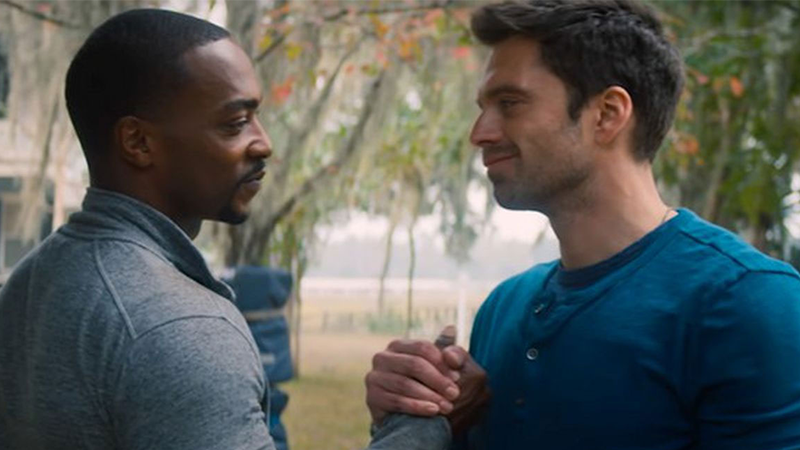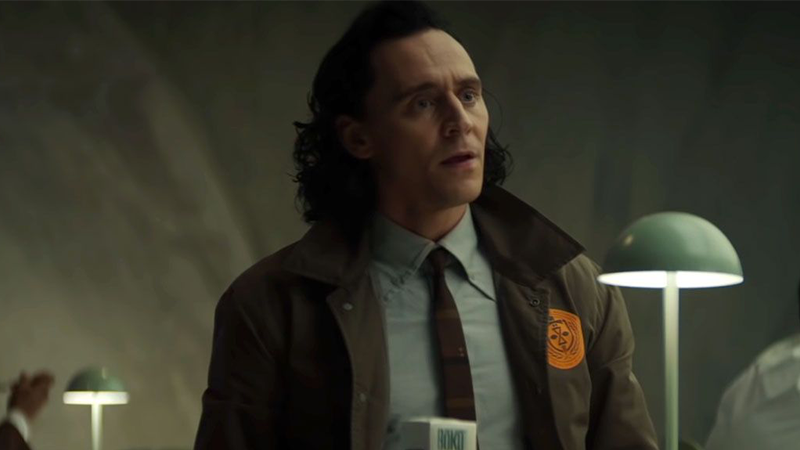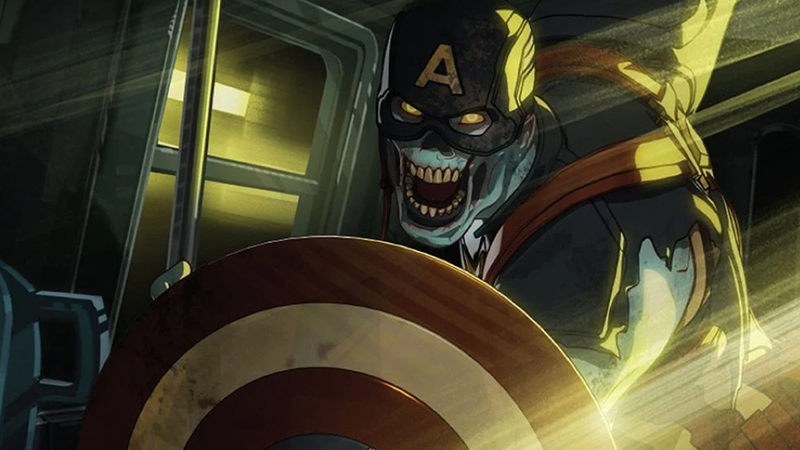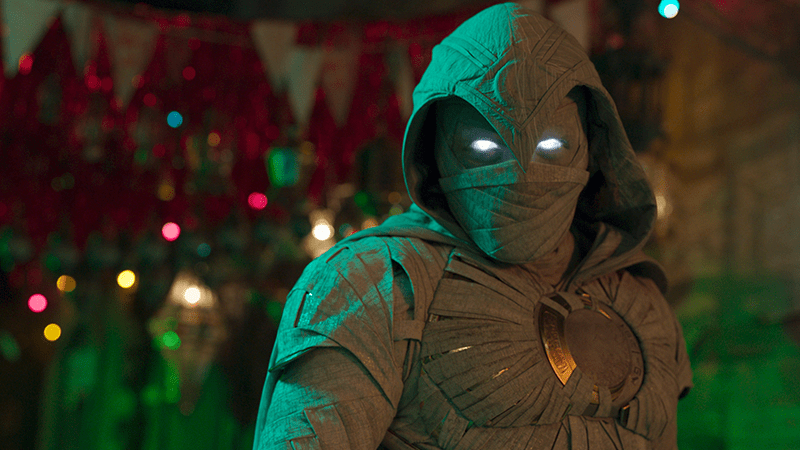There’s a moment in “The Making of What If…?” episode of the Marvel Studios: Assembled docuseries in which Marvel Studios head Kevin Feige gives a key moment of insight on Phase 4 of the Marvel Cinematic Universe. After speaking on how the studio had many plans for various movies after Avengers: Endgame, he says, “but it was Disney+ – and the idea of Disney+ – that really allowed us to roll up our sleeves and do things we hadn’t done before.”
The whole gimmick of the MCU from the beginning has been that it’s operated somewhat like a television series. Each movie serves as an “episode”, and each phase is a season of sorts. While the level of standalone-ness versus required knowledge varies, these films are all part of an overarching story. So to actually dive into the television series format only seemed like a natural fit for the studio.
RELATED: The MCU’s Problem With Tackling Mental Health
Now, here we are, over a year and nearly a dozen projects into Phase 4, including six Disney+ series – WandaVision, The Falcon and the Winter Soldier, Loki, What If…?, Hawkeye, and Moon Knight. They’ve shed light on characters fans already knew, introduced new heroes and villains, and shown alternate versions of the MCU. And in doing all this, they’ve managed to take the franchise to places the movies both haven’t, and can’t go to.

Stronger Relationships
With a lot of the MCU movies, we’re constantly told how close certain characters are, but we’re not actually shown those relationships that often. The supposed “family dynamic” of the Avengers is frequently discussed in their movies, but only a few individual relationships between members of the team seem fully fleshed out and ring true. Disney+ provides much more breathing room for characters to develop team dynamics, and though we have yet to see a group as big as the Avengers operate together on the platform, the ones that have been shown are promising in that regard.
This franchise’s romantic relationships in particular tend to be notoriously unseasoned. With the way the movies operate, there just doesn’t seem to be enough time given to properly develop a couple enough to make the audience strongly root for them as a duo. Obviously, these are superhero movies first and any romances are secondary, but some of them feel nothing more than obligatory inclusions rather than an actually worthwhile part of the story.
Like many other MCU couples, Wanda and Vision felt sort of thrown together until WandaVision showed viewers what made them work. Loki also had a romance at its core and, despite that relationship’s controversial nature, it would be hard to argue that there wasn’t enough time dedicated to its development. Moon Knight did a great job catching viewers up on a pairing that was formed offscreen (even though they threw a bit of an unnecessary love triangle in there for no apparent reason).

Character Studies
The characters themselves are definitely what benefit the most from the miniseries format. The movies simply don’t have the time to allow audiences to get to know every single one of the heroes in a meaningful manner, and that’s where Disney+ comes in.
The ability to spend more time with the leads and even the side characters than in a movie gives them room to breathe, and the audience more opportunity to connect with them. While this has been a great way to explore characters who have appeared in the movies more deeply, Hawkeye and Moon Knight have also proven it can be a great way of delivering origin stories, with more time dedicated to fleshing out new heroes than a first solo movie can usually provide.
Many fans have noticed the theme of exploring trauma within Marvel’s Disney+ series. There’s usually at least one episode with this as a main focus, in addition to it being sprinkled throughout the others. This, perhaps above all else, is what has made things like WandaVision’s exploration of grief and Loki’s themes of self-acceptance and free will possible, and these have been the shining moments of this franchise’s streaming side so far.
Stories like these simply cannot be told properly in a typical superhero movie with all the other bells and whistles it needs to include first and foremost. In a series, there’s plenty of time for Sam Wilson and Bucky Barnes to both fight an enemy Captain America and go to a PTSD therapy session, or for Wanda Maximoff to mess up a town with sitcom antics and explore her past in order to get a better grip on her grief.

Getting Weird
As Kevin Feige said, the Disney+ side of Phase 4 is where the Marvel team has been able to really get weird. The assumption being operated under appears to be that the fans tuning in for these shows are all caught up on the movies and are more likely to be really into the MCU, which has allowed the producers to take off the training wheels and just throw viewers into whatever world they’ve cooked up.
Some MCU movies take on the characteristics of certain genres (like Captain America: The Winter Soldier as a political thriller and Ant-Man as a heist movie), but they haven’t been able to dive as deeply into them as WandaVision did with sitcoms and What If…? did as a semi-anthological series. They’re still superhero stories, of course, but there’s been more true genre-melding on the streaming side of things than in the films.
RELATED: Doctor Strange 2 Shows That the MCU Combines With Horror Surprisingly Well
In addition to this, the Disney+ projects are less afraid of being weird and less formulaic even within the realm of typical comic book genre stuff. Loki dove right into the strangeness of time travel and multiversal threats, and several of its best received scenes and episodes emphasized dialogue over action. Surprisingly, Moon Knight took a similar approach with scaling back a lot of the actual superheroes in favor of a more character-based story.
While the MCU Disney+ shows have started to develop somewhat of a formula of their own (think “trauma tour” episodes and CGI fight-fest finales), as a whole, they’re definitely making more of a statement than a lot of the big screen offerings of Phase 4 thus far. The MCU was inspired by the television format, and now it’s actually producing television that may well come to define the post-Infinity Saga era of the franchise.










